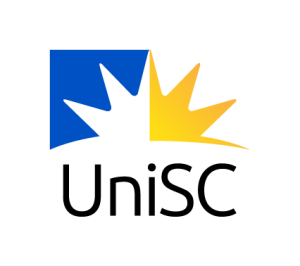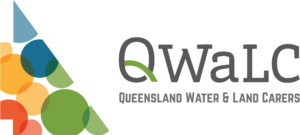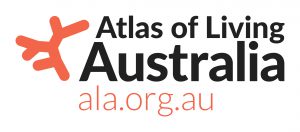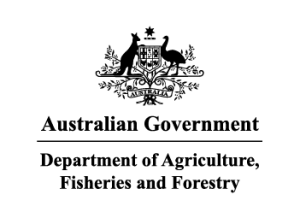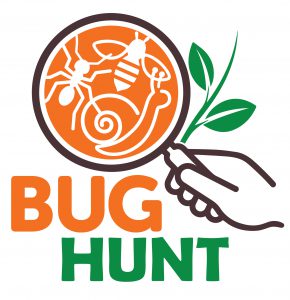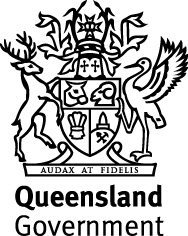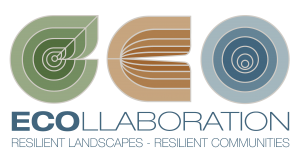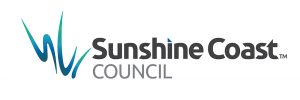Register now for the Next
Australian Citizen Science Association Conference (#CitSciOz23)
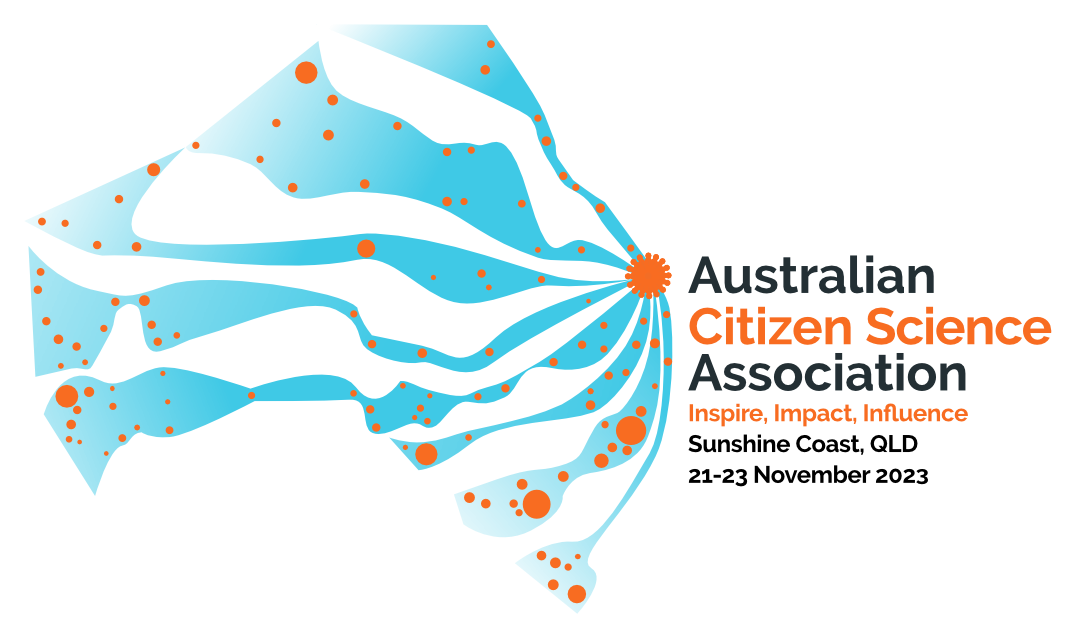
Location: UniSC | University of the Sunshine Coast, Queensland, Australia
- Monday 20th November (side event): Workshops & excursions – Click here for details and registration
- Tuesday 21st November: Conference Day 1 (Opening, Keynotes, breakout rooms, short talks, long talks, posters, & official welcome evening event)
- Wednesday 22nd November: Conference Day 2 (Keynotes, short talks, long talks, posters, dinner TBA)
- Thursday 23rd November: Conference Day 3 (Keynotes, short talks, long talks, posters, conference official close, dinner TBA)
- Friday 24th November (side event): Bonus Bioblitz Day! Join us as we kick off the Great Southern Bioblitz 2023. Learn how to use iNaturalist from experts, get to know the local wildlife, meet the locals and discover species new to science in the Sunshine Coast area. Details to be announced very soon!
Registration cost will include bus rides to and from the venue for Conference Day 1 – 3 if staying at preferred accommodations (these can be booked via the registration portal during the registration process).
Keep checking back for more information and new announcements!
Themes
Inspire
Encourage inclusiveness, engagement, and motivation in citizen science.
Recruiting and engaging citizen scientists, keeping them on task, and sparking their interest in research is essential to a successful citizen science project. The power to motivate others to do citizen science needs to be bottled. How do you encourage others to get involved in your project? What was their motivation for joining your project, and did that reason change over time? What lessons can you share?
Impact
Explore, investigate, and showcase the affects and effects of citizen science projects.
There are a wide range of impacts we hope to achieve from citizen science – social, moral, environmental, political, legal, health and many more. We hope to see impacts on ourselves, our citizen scientists, our projects, our surroundings, and on local, state and federal levels. These can be difficult to define and measure, especially when we move from short-term outcomes to longer term, systemic impacts. What have been the impacts of your project and how have you investigated its wider effects?
Influence
Showcase citizen science communication techniques for maximum influence.
The successful communication of citizen science and its outcomes is so important when it comes to educating the community about what we do, sharing knowledge and results with a diverse array of people, and influencing change at many levels. But successful communication is a science within itself. With whom and how do you communicate your citizen science data and outcomes so it will influence decision-making?
Conference program
Conference delegates please note: The program in the conference app is the up-to-date version. Please check the app to make sure you are in the right place at the right time!
We are very pleased to reveal the draft program for #CitSciOz23! Thank you to everyone who submitted their presentations. We have a great line-up of speakers and topics and can’t wait to see it all.
If you are a speaker and the timing of your presentation doesn’t work for any reason, please let us know.
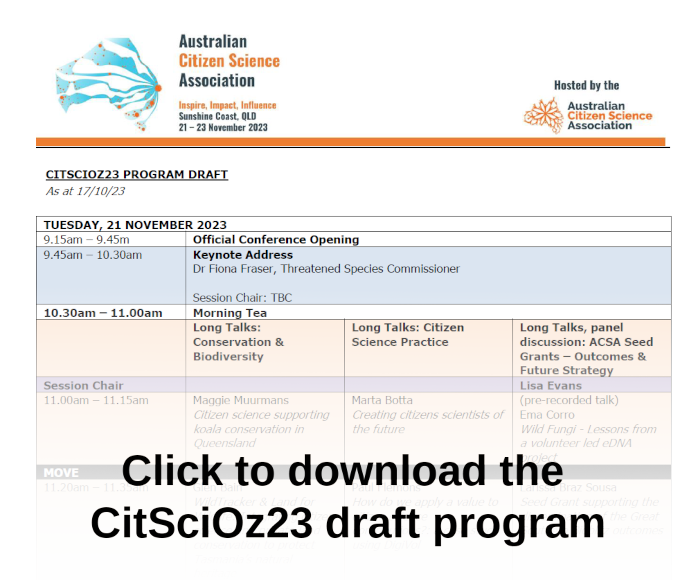
Workshops and field trips – Monday 20 November
We have also organised an exciting program of workshops and field trips to run as side events on Monday, 20 November. These are part of our effort to engage with diverse audiences, including those who may not be able to afford a conference registration.
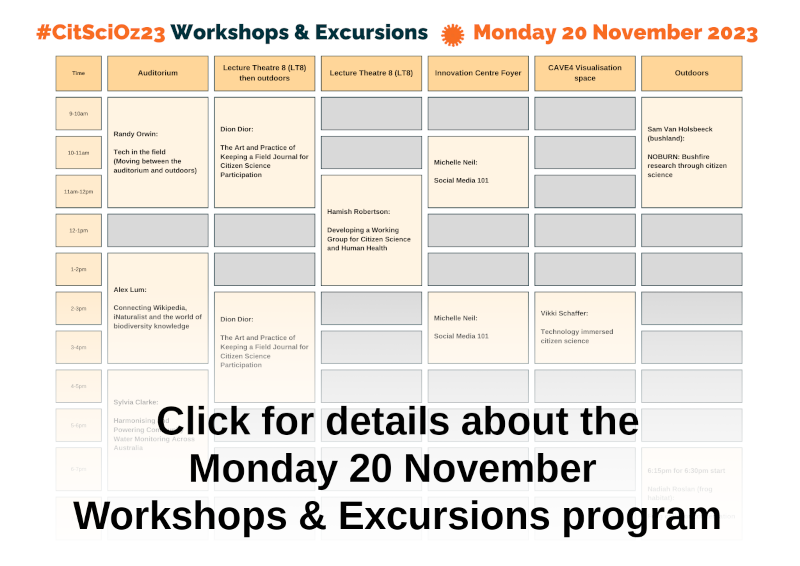
Bonus BioBlitz Day – Friday 24 November
Friday 24 November is the first day of the Great Southern BioBlitz 2023! We are finalising arrangements for a #CitSciOz23 Bonus BioBlitz Day to help kick it off. Details about this will be announced soon, but you can register your interest in attending using this form.
Registration
Conference registration is now open! Consider becoming a member of ACSA for reduced registration fees. If you sign up now as a member, you will find the MEMBER DISCOUNT CODE in your Welcome email. Existing members should have received it in an email. If you are a member and still need the code, contact us.
Not sure if you’re a member? Check your membership status by logging in to your account page. If you don’t know your password, use the “Forgot Password?” link to reset it. You can find out more about your account page from the Account Page FAQ.
Please note: Earlybird registration rates will not expire for accepted speakers. To access the speaker registration link, please check the email you received confirming acceptance of your abstract. If you haven’t heard anything about your submitted abstract, please contact us.
Registration Fees
| Registration Type | Earlybird (from 02/08/23 – 13/10/23) | Standard (from 14/10/23) |
|---|---|---|
| FULL – Member | $350 | $450 |
| FULL – Non-Member | $450 | $550 |
| FULL – Concession Member | $275 | $325 |
| FULL – Concession Non-Member | $375 | $425 |
| DAY – Member | $250 | $300 |
| DAY – Non-Member | $300 | $350 |
| DAY – Concession Member | $200 | $240 |
| DAY – Concession Non-Member | $240 | $280 |
Bookings at preferred accommodation may be made via the registration portal as part of the registration process, depending on availability.
Financial Support Opportunities
Future Earth Australia is currently offering Seizing Opportunities grants of $200 – $1,000 for early-career researchers and professionals (ECRPs). This includes Honours and Masters students or PhD candidates, government or not-for-profit employees, and community group or private sector employees. Early-career is defined as the first 15 years of career, not including any career breaks taken. One condition is that a principal investigator/team leader on your project must be from Australian National University, Griffith University, RMIT, University of the Sunshine Coast, Monash University, University of Sydney, Western Sydney University, or CSIRO. These grants can be used for travel or registration to a conference or professional event.
Check back for more news about financial support to attend CitSciOz23.
On Demand Viewing
Presentations from the main plenary room will be available to registered delegates for 6 months after the event. This will enable you to catch up if you miss one of the recorded sessions, or revisit an interesting or useful talk.
Keynote Speakers
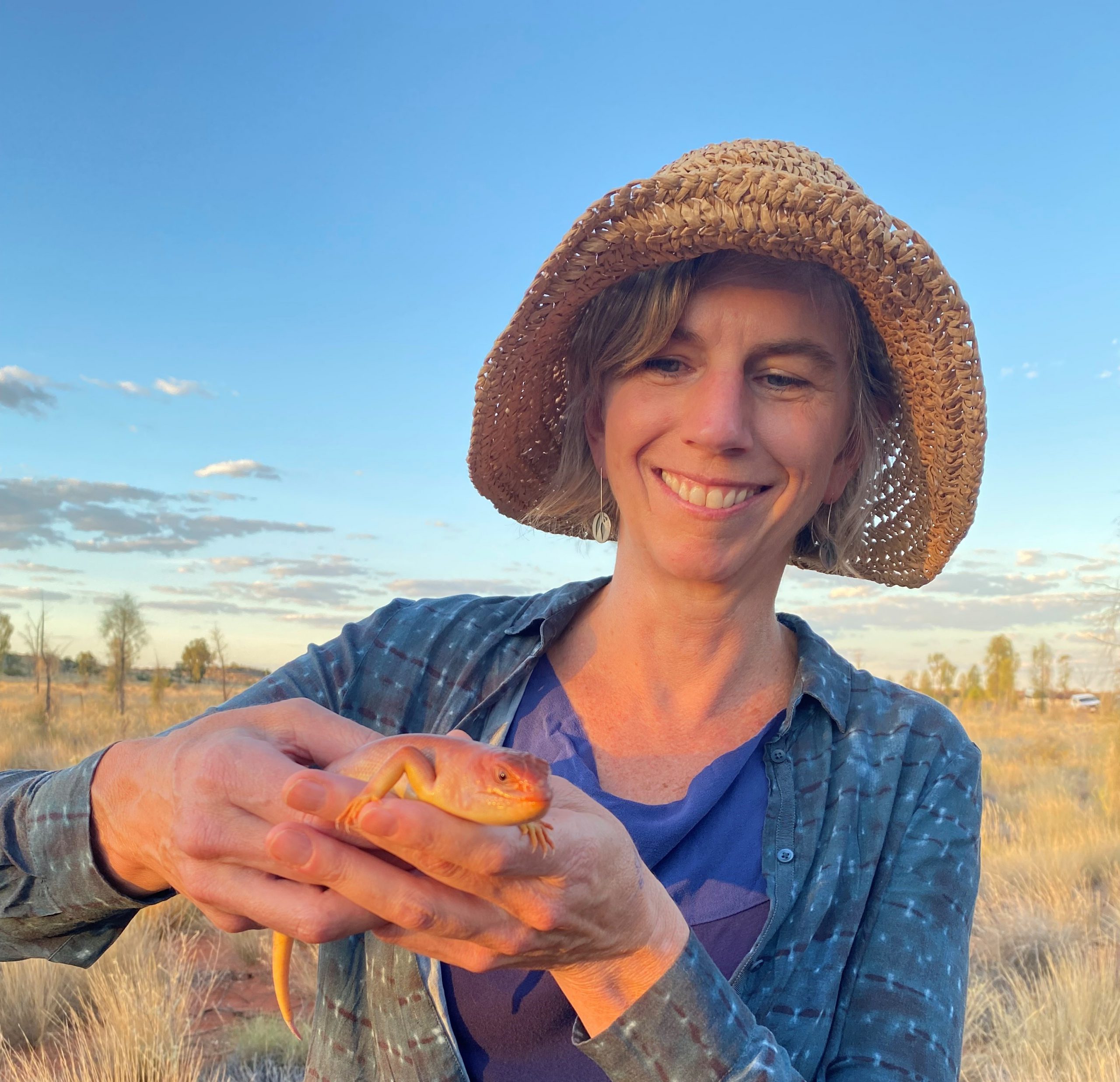
Dr Fiona Fraser
Threatened Species Commissioner
Fiona will be presenting a keynote on Day 1 of the conference, Tuesday 21 November
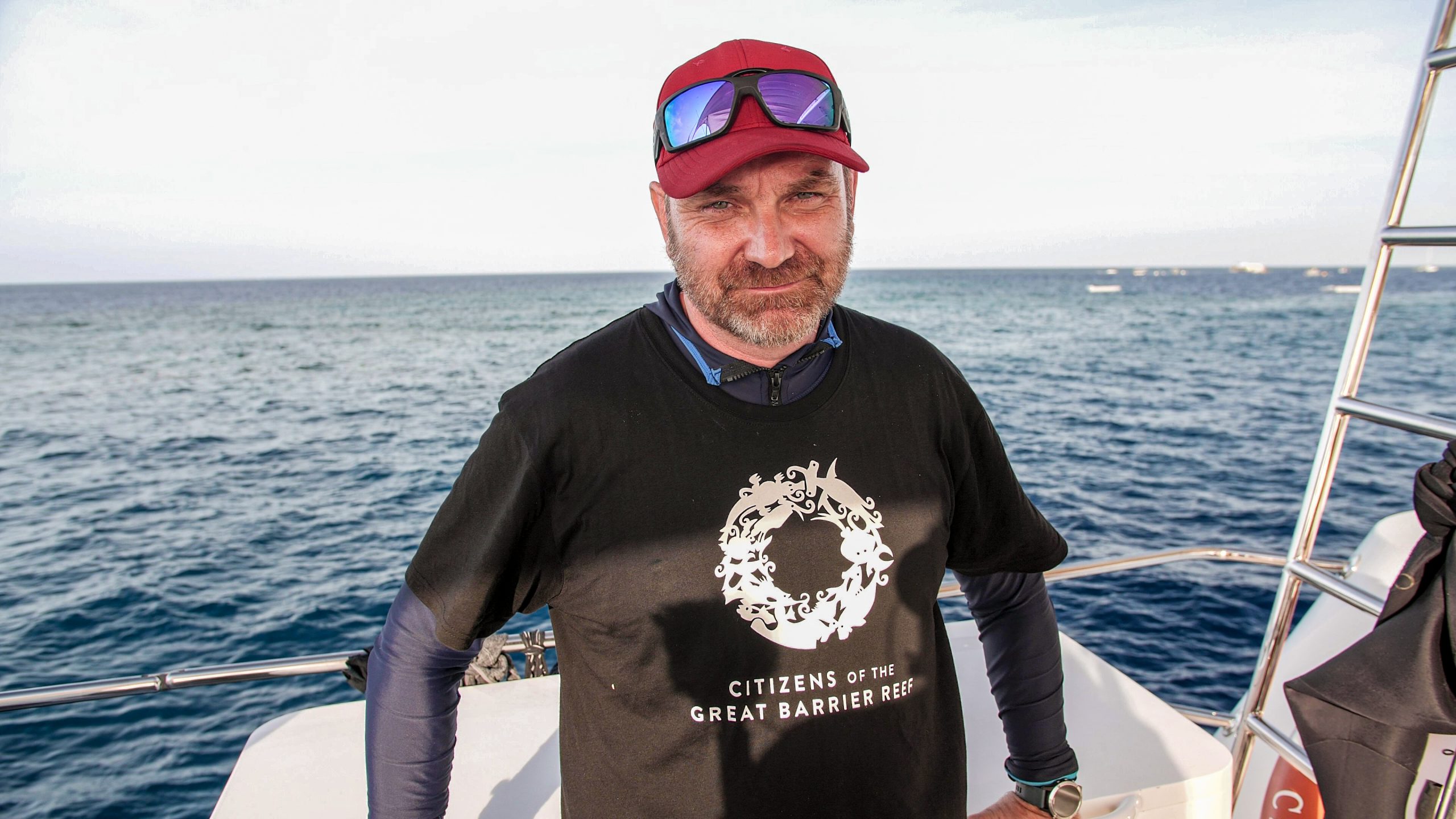
Andy Ridley
CEO, Citizens of the Great Barrier Reef
Andy has turned his focus to a new challenge, creating a 21st century ocean conservation organisation, Citizens of the Great Barrier Reef. The program aims to aid the protection and conservation of the Great Barrier Reef and reefs all over the world, using tech, data and a new collaborative approach to conservation.
Prior to founding both Citizens of the Great Barrier Reef and Earth Hour, Andy led the rapid growth and evolution of Circle Economy in Amsterdam. He believes the circular economy provides many of the answers to some of the biggest environmental challenges that we face as the global population grows beyond nine billion, and we attempt to address our greatest generational challenge of climate change.
Andy will be presenting a keynote on Day 1 of the conference, Tuesday 21 November
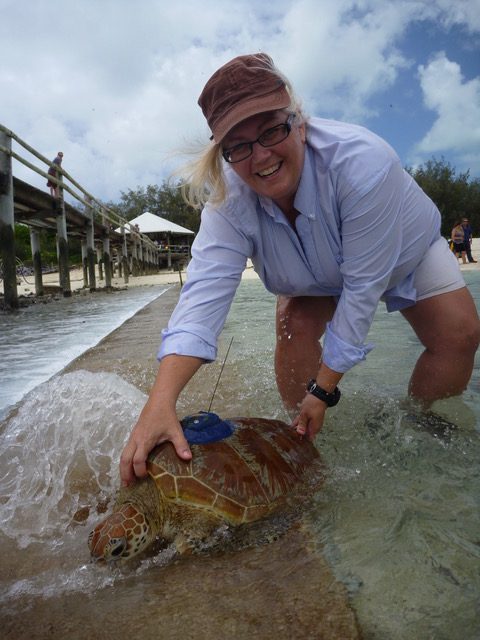
Associate Professor Kathy Townsend
School of Science Technology and Engineering, University of the Sunshine Coast
Her research transcends disciplines, confronting global-scale challenges like marine debris and pollution, and enriching our understanding of threatened marine species listed by the IUCN Red List. Her esteemed role as an invited member of the United Nations Marine Litter and Plastic Reduction Program and the GCT’s Plastic Free Galapagos initiative underscores her commitment to environmental conservation. Kathy’s work has been showcased on the world stage, featuring in iconic documentaries, including Sir David Attenborough’s “Great Barrier Reef” and Nat Geo Wild’s “Manta Mystery.” With a dedication to harnessing the power of citizen scientists, Kathy Townsend is a keynote speaker poised to inspire change at the Australian Citizen Science Association conference.
Kathy will be presenting a keynote on Day 1 of the conference, Tuesday 21 November
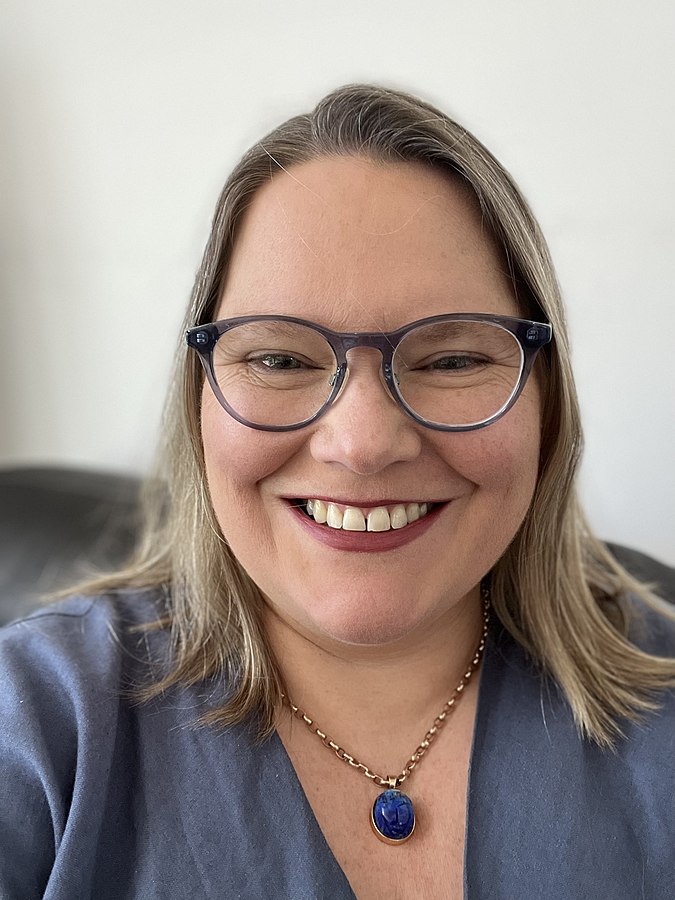
Siobhan Leachman
Citizen Scientist, New Zealand
Siobhan will be presenting a keynote on Day 2 of the conference, Wednesday 22 November
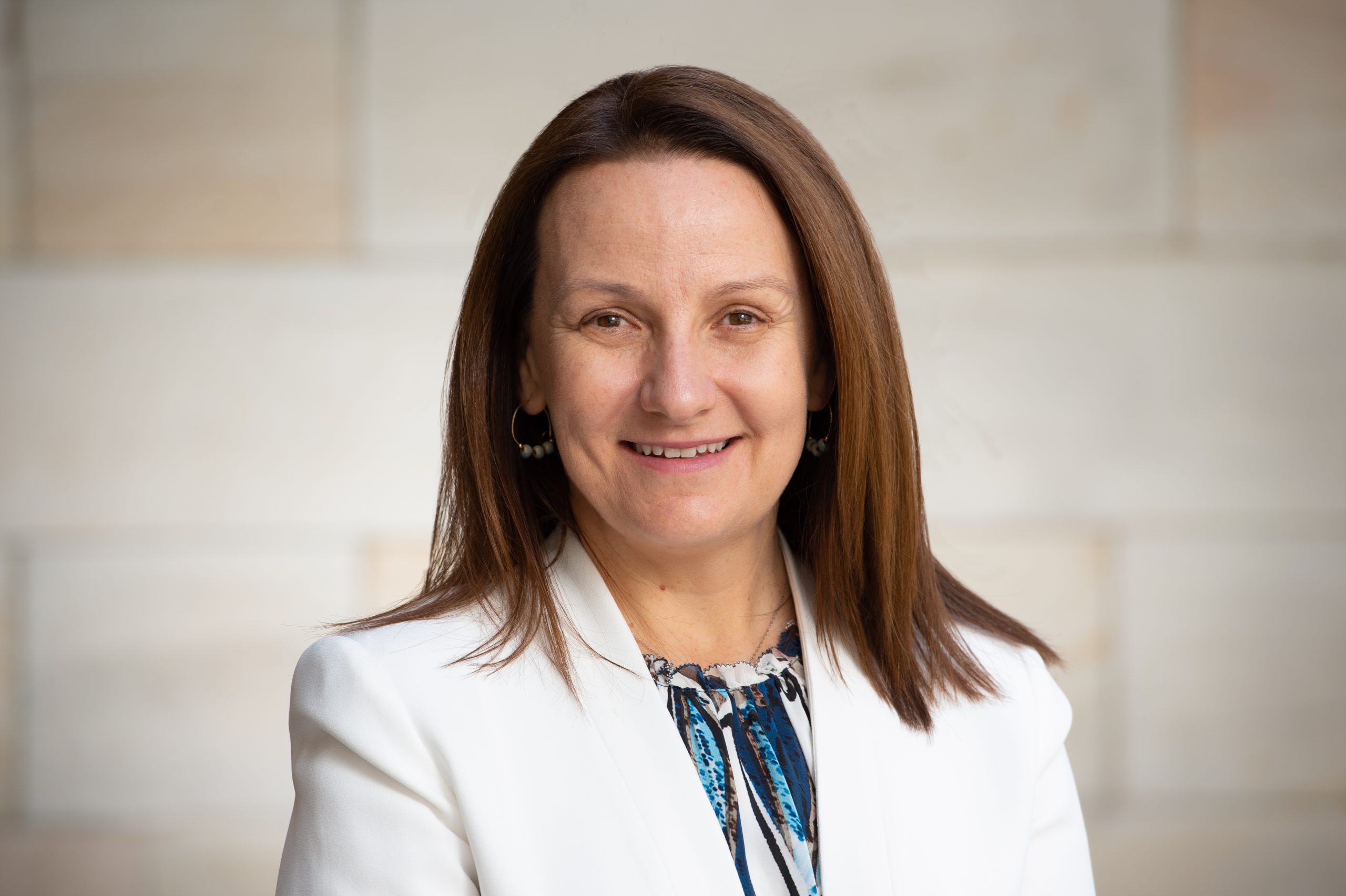
Professor Kerrie Wilson
Queensland Chief Scientist
Her distinguished career encompasses roles at QUT, including Pro Vice-Chancellor (Sustainability and Research Integrity), and her tenure as the Executive Director of the QUT Institute for Future Environments. Previous leadership roles include Director of Conservation for The Nature Conservancy Australia and is currently a natural sciences expert for the Australian Heritage Council.
One of Australia’s leading researchers into the science, strategy and policy of conservation, she holds a Bachelor in Environmental Science (First Class Honours) from The University of Queensland and a PhD from The University of Melbourne, undertaken in collaboration with the UN Environment Programme’s World Conservation Monitoring Centre, based in Cambridge.
Outside the office, Professor Wilson embraces the outdoors with her family and they are regular visitors to Queensland National parks.
Kerrie will be presenting a keynote on Day 2 of the conference, Wednesday 22 November
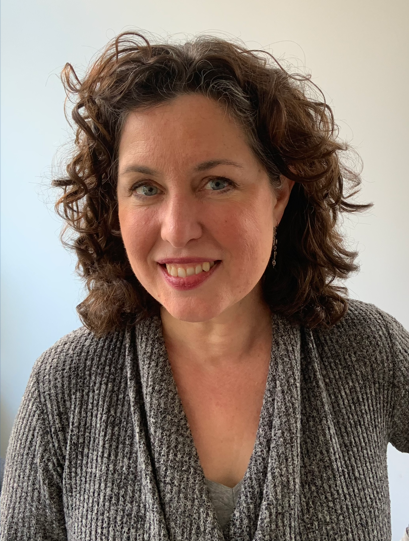
Margaret Gold
Researcher, Citizen Science Lab
In addition to running the Citizen Science Lab, which is both a knowledge hub and project incubator, Margaret also leads Societal Engagement & Citizen Science within the Open Science Programme of Leiden University and has helped to shape the national strategy for Citizen Science in the Netherlands via her work in the National Programme Open Science (NPOS). Together with other pioneers in the Netherlands she is co-leading the establishment of the first Dutch national network for citizen science practitioners – Citizen Science Nederland.
Margaret is also active at the European level, as Rapporteur and Topic Expert to the European Commission in the Mutual Learning Exercise on Citizen Science in which 11 European countries participated; and at the global level, as an active member of the Citizen Science and Open Science Community of Practice, which is providing guidance to UNESCO on embedding Citizen Science in Open Science practices, and in the Citizen Science Expert Group convened by the OECD Global Science Forum.
Margaret will be presenting a pre-recorded keynote on Day 2 of the conference, Wednesday 22 November
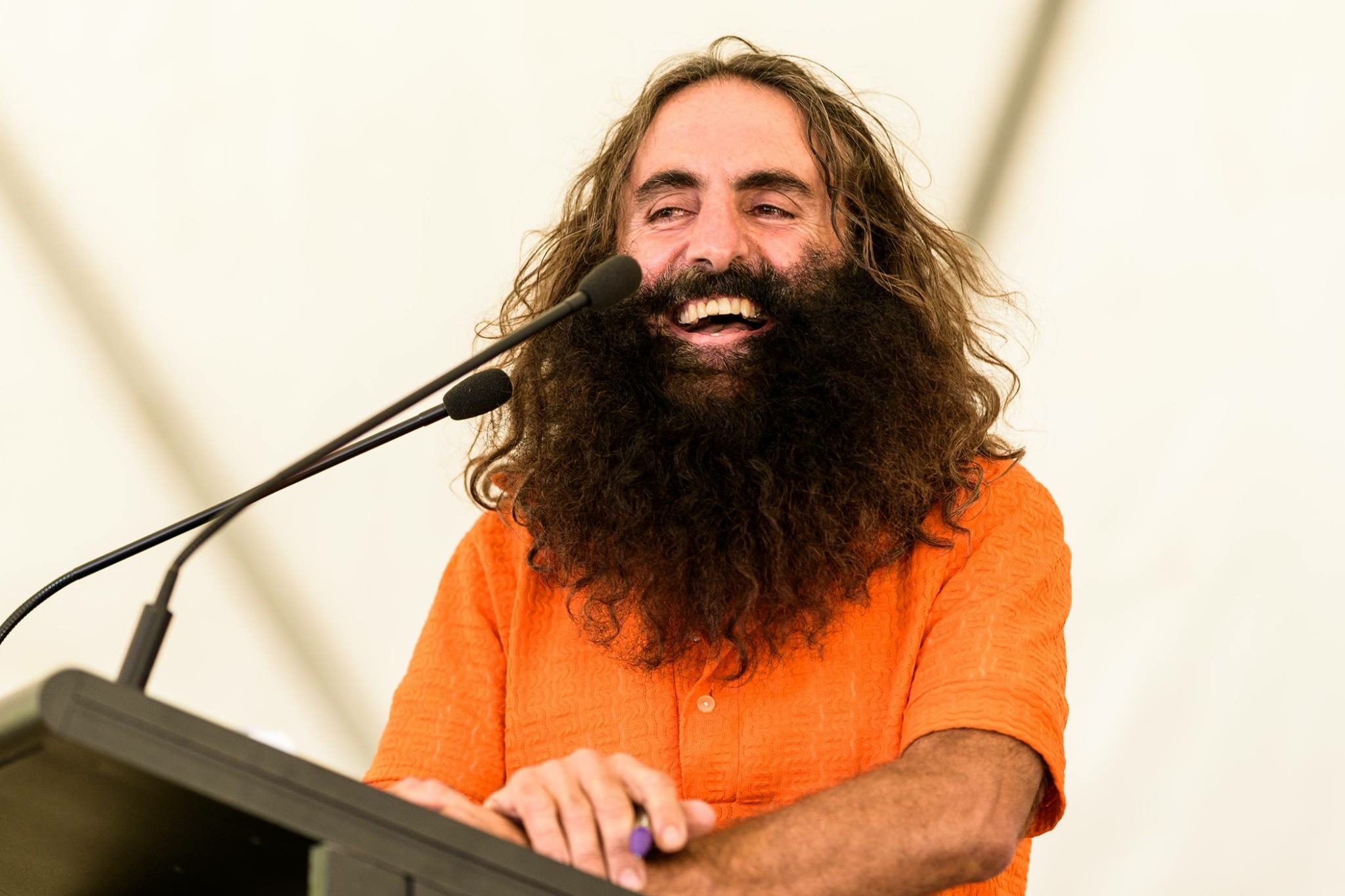
Costa Georgiadis
Landscape Architect, Environmental Educator, TV Presenter
Costa Georgiadis is a landscape architect, environmental educator and television presenter who has an all-consuming passion for plants and people. As co-creator and host of Costa’s Garden Odyssey for SBS, he caught the attention of a nation.Since 2013, Costa Georgiadis has continued his journey as the much-loved host of one of the ABC’s most iconic and Logie award winning programs, Gardening Australia.Beyond the screen, Costa Georgiadis is deeply involved with the importance of biodiversity and habitat, regenerative agriculture, permaculture and holistic land practices that deal with the issues arising from a rapidly urbanising world. The story of soil is a driving narrative for him.Through his workshops, lectures, keynotes, expos and other events, Costa Georgiadis is actively involved in delivering his message to the broader community.His work with pre-schools, primary and high schools, TAFE colleges, universities, industry groups and community organisations demonstrates his ability to convey his knowledge of a permanent self-sustaining culture to any audience.Costa Georgiadis’ long-awaited book, Costa’s World: Gardening for the soul, the soil and the suburbs is available now from ABC Books.
Costa will be presenting a keynote on Day 3 of the conference, Thursday 23 November, titled “The Power of Partnership: Bringing fun, curiosity, love and action to the Cit – Sci Engagement Equation.”
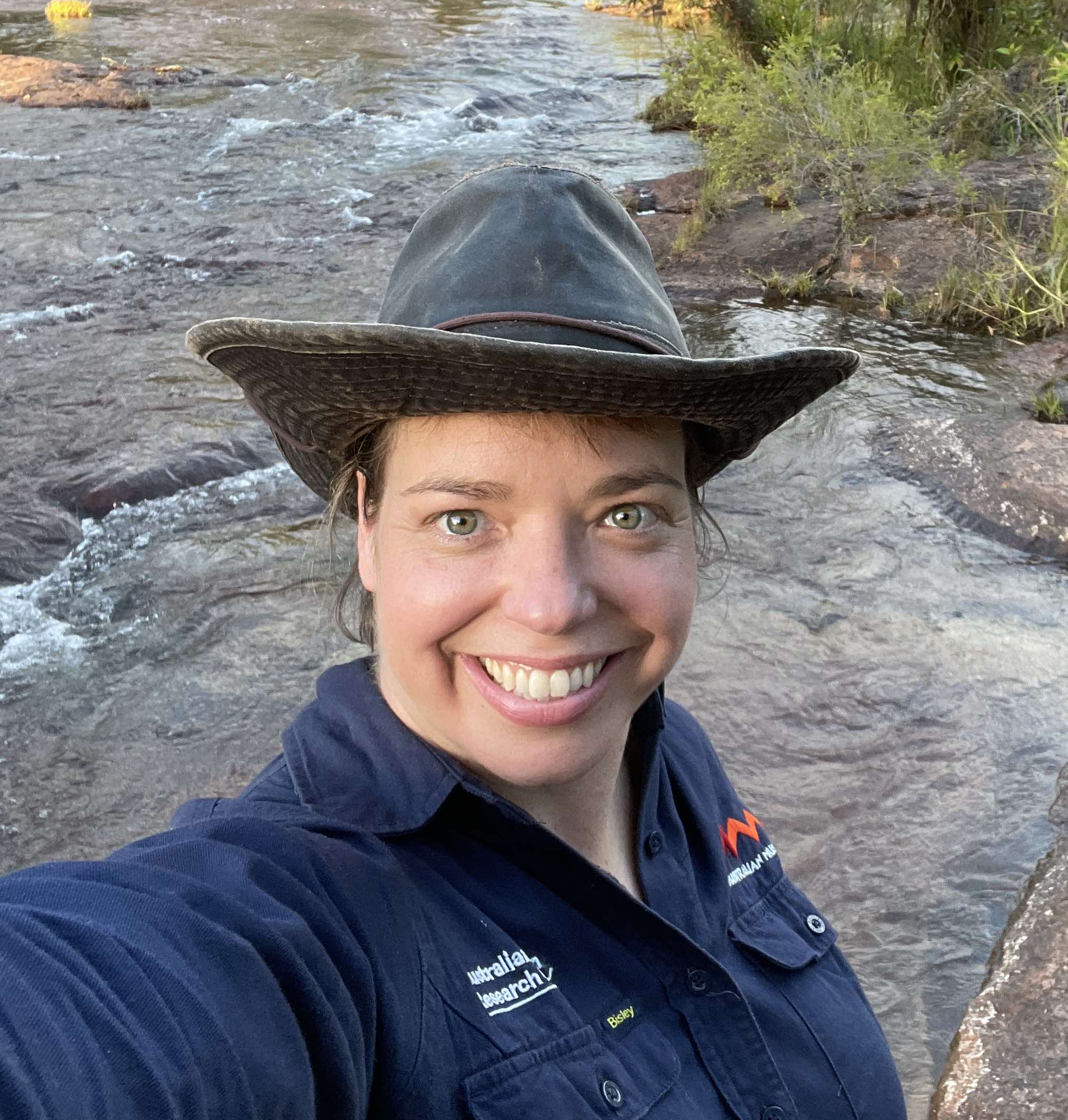
Dr Jodi Rowley
Conservation biologist, FrogID
Jodi will be presenting a keynote on Day 3 of the conference, Thursday 23 November
Call for Sponsors
Why Sponsor?
Participation in the conference offers the following benefits for your organisation:
- An opportunity to promote and raise your profile within the citizen science community before, during and after the event.
- A significant opportunity to meet and network with citizen science representatives at a national level in one place.
- Exposure to a target audience in an environment conducive to information exchange that will promote mutually beneficial business outcomes and leverage your organisation’s industry relationships.
- A forum to share details about your organisation, including products and services directly to key decision makers and target audience.
Sponsorship Opportunities
Please see the CitSciOz23 Sponsorship & Exhibition Proposal for full details about our packages and benefits. All amounts are in Australian dollars and include GST, unless indicated otherwise.
| Package | Price | Benefits |
|---|---|---|
| Platinum Sponsor (Exclusive) | $15,000 | Recognition, advertising, networking, social media |
| Gold Sponsor | $10,000 | Recognition, advertising, networking, social media |
| Silver Sponsor | $5,000 | Recognition, advertising, social media |
| Bronze Sponsor | $2,500 | Recognition, social media |
| Supporter (Unlimited packages available) | $500 | Recognition |
Other Opportunities
We have several other sponsorship packages / add value items available. Please contact us to discuss individual sponsorship opportunities to meet your objectives and budget.
How to sponsor
To book a sponsorship package, please visit the sponsorship booking portal:
Our Sponsors
Gold Sponsor and Conference Host:
UniSC | University of the Sunshine Coast, Queensland, Australia
The University of the Sunshine Coast (UniSC) is one of Australia’s youngest universities, established in 1998. UniSC is a growing, comprehensive university focused on excellent teaching, ground-breaking research, championing sustainability, and producing award-winning alumni.
UniSC’s Forest Research Institute undertakes work in the broad spectrum of forest research areas that make direct and meaningful contributions to the sustainability of our wooded landscapes. This includes important areas of studies such as smallholder and forest conservation-based research, along with work to ensure industries are meeting regulatory requirements and public expectations.
The Institute is comprised of three research centres: National Centre for Timber Durability and Design Life, Forest Industries Research Centre, and Tropical Forests and People Research Centre. The Centres have their individual identities and research focus but work collaboratively for greater impact.
To find out more about UniSC, visit their website: https://www.usc.edu.au/
Silver Sponsors:
Australian Museum
The Australian Museum (AM) was founded in 1827 and is the nation’s first museum. It is internationally recognised as a natural science and culture institution focused on Australia and the Pacific. The AM’s mission is to ignite wonder, inspire debate and drive change. The AM’s vision is to be a leading voice for the richness of life, the Earth and culture in Australia and the Pacific. With more than 21.9 million objects and specimens and the Australian Museum Research Institute (AMRI), the AM is not only a dynamic source of reliable scientific information on some of the most pressing environmental and social challenges facing our region, but also an important site of cultural exchange and learning. The AM has had a long history in citizen science projects and currently manages, with collaborators, some of Australia’s most well-known citizen science projects.
To find out more about the Australian Museum, visit their website: https://australian.museum/
Queensland Water and Land Carers Inc (QWaLC)
QWaLC supports 480 community groups with more than 38,000 volunteers across Queensland.
We provide practical support to members including representation, advocacy, promotion, networking and insurance administration.
Our members are community-based groups involved in sustainable agriculture, biodiversity conservation, environmental protection, advocacy and education, coastal rehabilitation, citizen science, land restoration and conservation across Queensland.
To find out more about QWaLC, visit their website: https://qwalc.org.au/
Atlas of Living Australia (ALA)
The Atlas of Living Australia (ALA) is a collaborative, digital, open infrastructure that pulls together Australian biodiversity data from multiple sources, making it accessible and reusable.
The ALA helps to create a more detailed picture of Australia’s biodiversity for scientists, policy makers, environmental planners and land managers, industry and the general public, and enables them to work more efficiently.
The ALA is the Australian node and a full voting member of GBIF – the Global Biodiversity Information Facility – an international network and data infrastructure funded by the world’s governments and aimed at providing anyone, anywhere, open access to data about all types of life on Earth.
To find out more about ALA, visit their website: https://www.ala.org.au/
Questacon – The National Science And Technology Centre
Questacon, Australia’s National Science and Technology Centre, is located in the heart of Canberra’s Parliamentary Triangle.
Our vision is a better future for all Australians through engagement with science, technology and innovation.
Our mission is to excite and motivate people through inspirational learning experiences.
We do this through fun, engaging experiences in our centres, on the road and online.
We support people to develop the attributes, skills, knowledge and agency to thrive in tomorrow’s world through:
- Rich, hands-on science engagement at our 2 Centres
- High impact STEM programs throughout regional Australia
- Programs to develop STEM capabilities
- Actively contributing to the work of National Cultural Institutions
- Supporting social belonging and participation
We’re building our network of locally led STEM learning ecosystems into the future so Australians can access Questacon wherever they are. Our national programs bring science and technology to Australians across the country. You can find out more about Questacon at their website: https://www.questacon.edu.au/
Department of Agriculture, Fisheries and Forestry
The Australian Government Department of Agriculture, Fisheries, and Forestry develops and implements policies and programs to grow sustainable agriculture, fisheries, and forestry industries and to safeguard our environment from biosecurity threats for all Australians.
The Environmental Biosecurity Office works collaboratively through national and international partnerships with governments and non-government organisations to protect Australia’s environment, Indigenous cultural heritage, and associated social amenities from established and exotic pests, weeds, and diseases.
We develop and support communities participating in environmental surveillance programs, which detect and report invasive species they find in the environment. Citizen scientists play a crucial role in the protection of Australia’s environment against harmful invasive species.
Learn more at their website: https://www.agriculture.gov.au/
Bronze Sponsors:
Bug Hunt – Invasive Species Council
The Bug Hunt is a citizen science project run by the Invasive Species Council, supported by the Australian Government. Our mission is to catalyse strong and collaborative biosecurity to protect and restore what makes Australia extraordinary – our unique wildlife and ecosystems. The Bug Hunt is a citizen science project encouraging records of bugs found across Australia to be submitted to iNaturalist. We want to have one million more eyes on the ground, broadening the biosecurity net, and increasing the likelihood of detections of bad beasties arriving or thriving in places we don’t want them.
To find out more about The Bug Hunt, visit the project website: https://invasives.org.au/our-work/bug-hunt/
Department of Environment and Science
The Queensland Government is committed to fostering citizen science participation by Queenslanders.
The Department of Environment and Science, through the Office of the Queensland Chief Scientist, delivers the Engaging Science Grants program which provides funding of up to $20,000 for up to 12 months for citizen science projects (as well as for other eligible STEM education or science events).
Science plays a key role in tackling local and global issues and helps boost the economy, and Queenslanders have the opportunity to contribute to science through citizen science.
To find out about citizen science projects in Queensland, and how the Office of the Queensland Chief Scientist supports citizen science in Queensland, visit their website: https://www.chiefscientist.qld.gov.au/
Department for Environment and Water
South Australia’s Department for Environment and Water supports and promotes citizen science through projects which contribute to the knowledge of flora and fauna across the state. These projects also capture information about environmental indicators that can point towards changes in habitat conditions and species populations to inform conservation and management actions. The Department has recently developed a Citizen Science Strategy which encourages public participation in environmental science and helps to plan and prioritise biodiversity protection. The Strategy also creates a Citizen Science Fund which includes a grants program.
To find out more about the Department for Environment and Water, visit their website: https://www.environment.sa.gov.au/
ECOllaboration
ECOllaboration is a not for profit environmental organisation, existing to establish and grow resilience in our landscapes and communities.
Our vision is to see:
- our communities engaged and connected
- our people safe, healthy, and thriving
- our habitats restored
- our services integrated, capable, and ethical
- our actions sustainable
- our story heard and celebrated
We have the capability to integrate our wide range of skills into solutions whilst enhancing our natural assets, building social capacity, and strengthening communities. Our vast experience and expertise makes us ideally positioned to provide our customers and community with tried and tested solutions and sound advice.
ECOllaboration’s operations include:
- Catchment Services – managing, protecting, and enhancing environmental estates and public, commercial, and private habitat
- ECOEducation – curriculum-based programs for primary and secondary schools
- Maroochy Waterwatch – community engagement and citizen science with over 200 volunteers
- Environmental consulting – specialised environmental advice and innovative methodologies and technology, including drones and environmental DNA.
You can find out more about ECOllaboration at their website: https://ecollaboration.org.au/
Sunshine Coast Council
Citizen science offers our Sunshine Coast community a chance to explore a passion outside of their day job, expand on an interest, learn a new skill, meet likeminded people and provide valuable knowledge about our local environment.
In acknowledgement of this, Sunshine Coast Council leads, partners and supports other organisations to deliver citizen science programs to be involved with across the region – and are continually growing our program to create new opportunities.
At the Sunshine Coast Council, we significantly value the volunteer’s time and aim to foster opportunities for them to partner with researchers to increase scientific knowledge and collect data about our natural environment.
To learn more about programs on offer across the Sunshine Coast visit https://www.sunshinecoast.qld.gov.au/environment/get-involved-in-conservation/naturewatch-sunshine-coast.
Supporters:
Support2u
Caregivers You Can Trust
Feel better in the comfort of your own home. We specialize in care, community participation and daily living assistance to an array of individuals. Whether you need daily or weekly assistance due to disability, illness, recovery, or rehabilitation, our care givers will provide an individualized service that you can trust.
Experienced and Supportive
We understand that not one care plan fits all. Daily services can include anything from meal preparation, hygiene, cleaning, and supervision. We will take the time to get to know you and develop an individualised care plan that fits your specific needs whether at home or in the community.
Experienced Home and Community Care
Companionship is key to a trusted relationship with our caregivers. We not only strive to help you with everyday tasks but want to develop a caring relationship with you. We provide one-on-one attention and care that is customised to you.
To find out more about Support2u, visit their website: https://support2u.biz/
Conference Working Group
Many thanks to the conference working group who are putting in countless hours to bring this event to you:
Steve Turton, Michelle Neil, Andy Howe, Lisa Evans, Shanna Sheldrick, Jessie Oliver, Stuart Harris, Martin Rady, Kathy Townsend, Paul Flemons, Darryl Ebenezer, Tina Strachan, Vikki Schaffer, Janine Bedros

